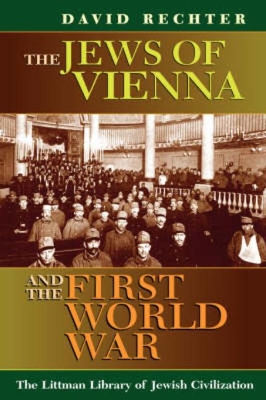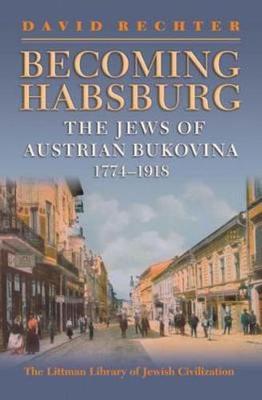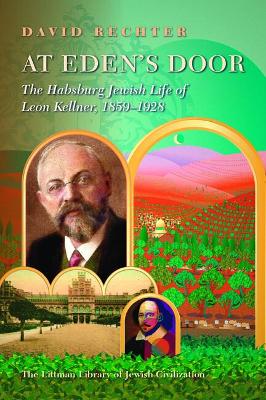The Littman Library of Jewish Civilization
3 total works
Leon Kellner was part of the intellectual and cultural elite of imperial Austria. Engaged in politics, a member of his regional parliament, and an essayist of repute, he was also a Zionist leader and confidant of Theodor Herzl. He created an institution for Jews' cultural, educational, and social advancement modelled on London's Toynbee Hall, which spread across east-central Europe to great effect. He was also an internationally recognized Shakespeare scholar. Yet for all this, today he is little known.
How did someone born into a lower-middle-class Orthodox Jewish family from the province of Galicia come to gain such prominence in the Habsburg empire? Kellner's is a thoroughly Habsburg Jewish story, spanning east and west and shaped by the empire's history, politics, and culture. He was a singular character: a Galician Jew at home in Vienna and in Czernowitz, eyes towards Zion, yet content also in London, and never more so than when absorbed in the minutiae of Shakespeare's texts. Kellner's world was destroyed twice over: Habsburg Austria came to an end in 1918, east-central European Jewry in 1945. This biography recovers at least part of what was lost.


